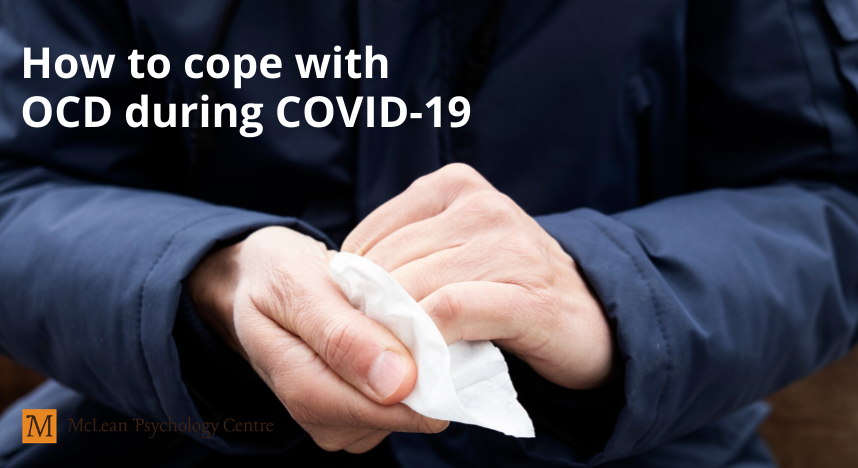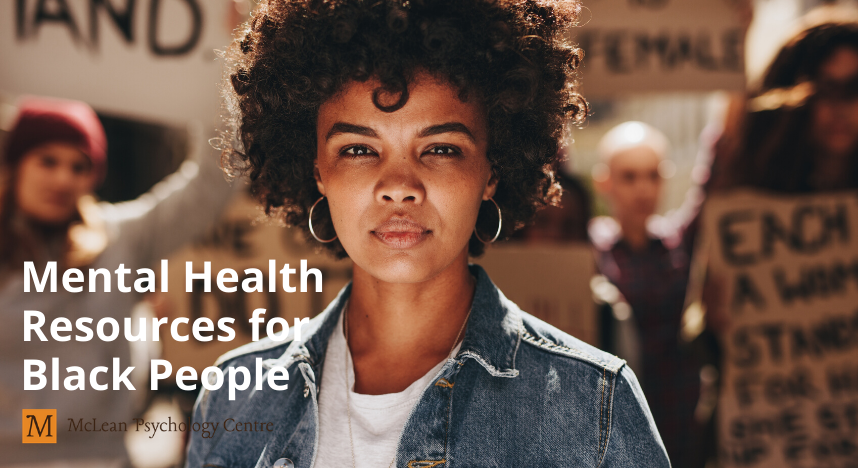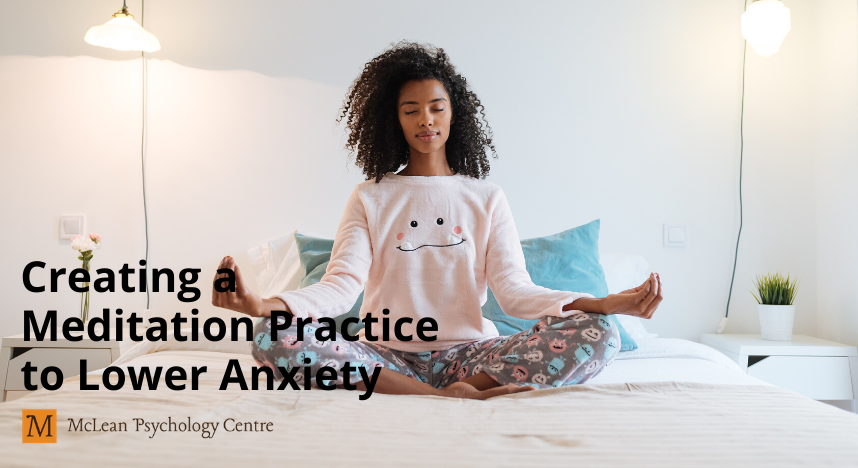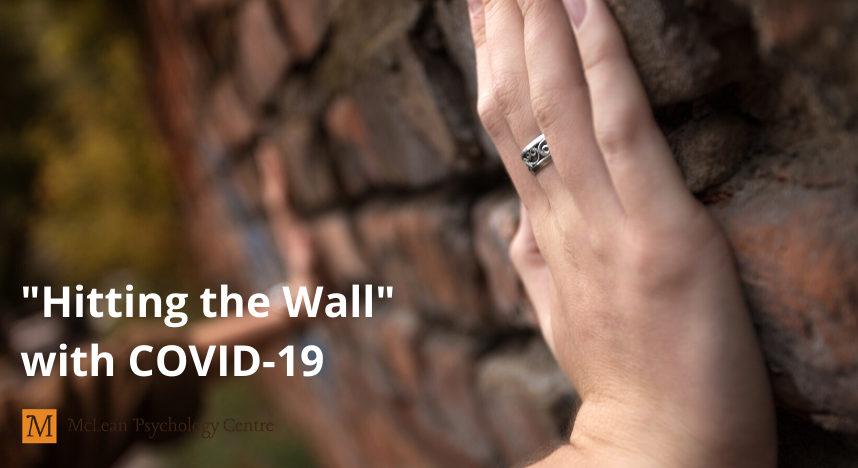Have you ever had a bad hair day? You know, you step out of the shower and it simply won’t lay right? No matter how much hair product you use, you feel like you look bad. Since you’re already feeling down about yourself, you might feel like your clothes don’t look very good on you; you might even start to say bad things to yourself like, “You’re so stupid, you never look good. You don’t fit in because you never look good.” That’s the kind of talk that can ruin your whole day.
For some people, every day is like that. Thought patterns can directly affect the way we feel about ourselves, the way we respond to life situations, and the way we deal with stressors in our daily lives. Cognitive Behavioural Therapy (CBT) is a form of psychological treatment that is based on the idea that a person’s mood is directly related to their thoughts.
Consistent negative thinking can lead dysfunctional thought patterns that will ultimately affect a person’s mood, behaviour, and sense of self. These dysfunctional thought patterns can distort a person’s view of the world and, ultimately, lead to depression.
Cognitive Behavioural Therapy has a number of key components that make it such an effective therapy method. First, it is structured with specific goals and techniques to learn and apply. These goals would focus on specific problems you wish to solve. There is often a timeframe set for how long the CBT will last. This timeframe is flexible and therapy may continue in other forms after the formal CBT therapy has been completed.
Second, CBT teaches you strategies and skills for dealing with negative thoughts and emotions, dealing with the three levels of cognition: Conscious thoughts, automatic thoughts, and schemas.
Your conscious thoughts are rational thoughts made with full awareness. (“I would like to have a cup of coffee with Lisa.”)
Your automatic thoughts flow rapidly, and you may not be fully aware of them, which means you may not check them for accuracy. (“I would like to have a cup of coffee with Lisa, but she doesn’t really like me. She just agreed to see me out of pity.”)
Your schemas are core beliefs and personal rules for processing information. Schemas are shaped by life experiences, often being based on childhood influences. (“I have never been good enough to have friends, so Lisa would never want to spend time with me willingly. She must want something.”)
In Cognitive Behavioural Therapy, the three levels of cognition are examined in depth. You will be encouraged to identify distortions in thinking, and to see thoughts as ideas about what is going on, rather than facts. CBT encourages you to step back and evaluate as situation from multiple viewpoints to gain greater insight into what is really going on.
Cognitive Behavioural Therapy is particularly good for treating anxiety and depression, but it has also been modified to treat bipolar disorder, eating disorders, generalized anxiety disorder, and many more. The clinicians at McLean Psychology Centre use CBT with many of our clients. If you are looking for help, booking a consultation with us is the first step.







